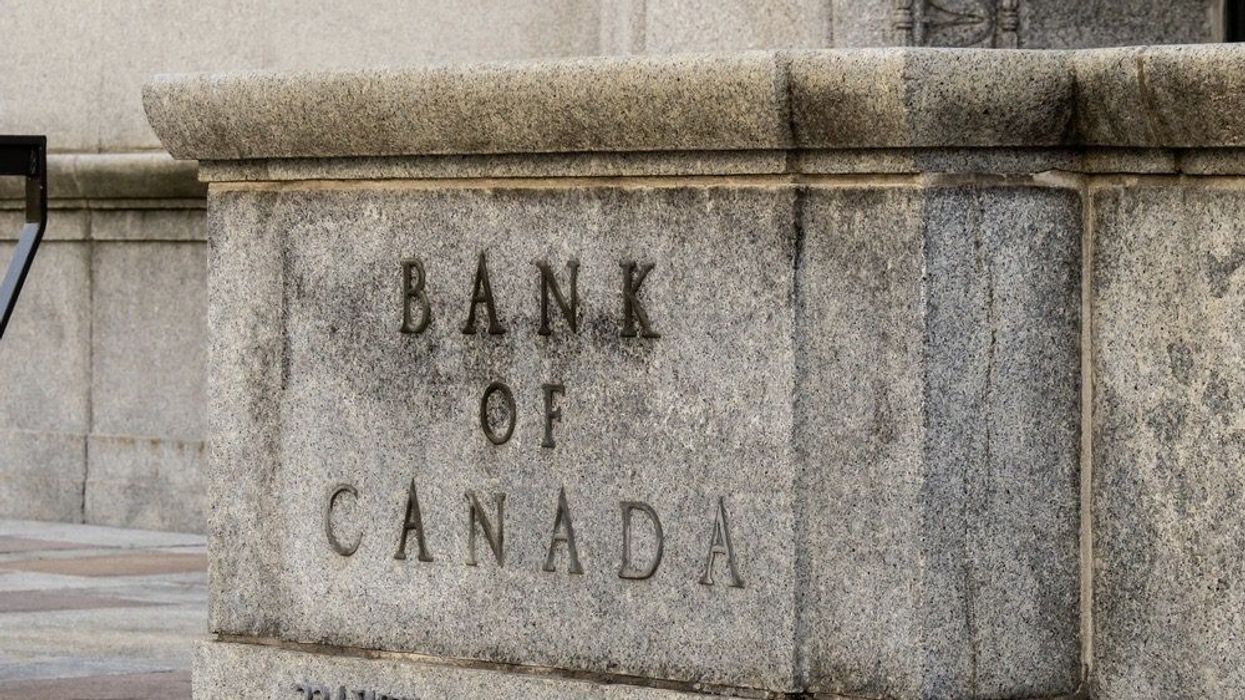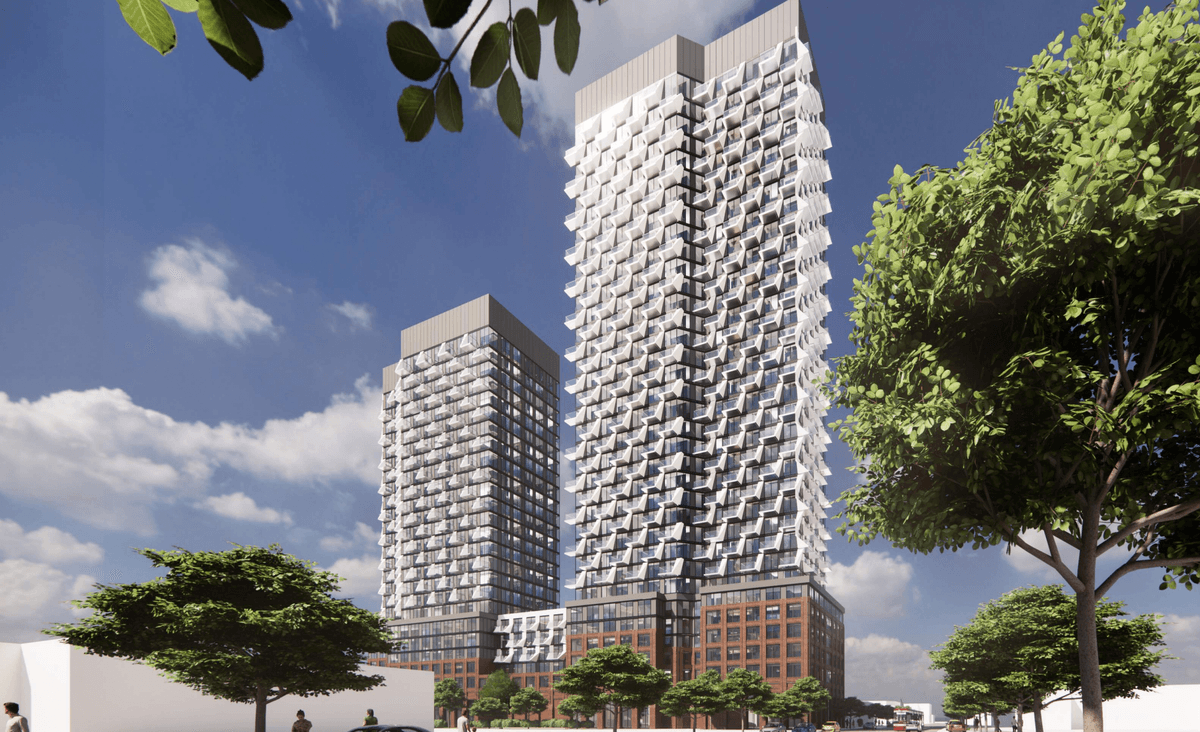The Bank of Canada hiked its overnight interest rate last week, and while that may concern borrowers contemplating fixed- or variable-rate mortgages, the latter is still the way to go.
The Canadian central bank’s overnight interest rate rose to 0.5%, and the prime rate is up to 2.7%. Fixed-rate mortgages are commonly offered at 3.34% right now, while the variable rates is prime-minus 1%, bringing it to around 1.7%.
It is instructive to factor into the equation the B-20 mortgage stress test, which is either 5.25% or the contract rate plus 2%, whichever is greater. In the case of a fixed-rate mortgage rate of 3.34%, borrowers’ mortgages would be stress tested at 5.34%, according to Daniel Johanis, Owner of Pekoe Mortgages, who also says borrowers can take advantage of the low interest rate environment by remaining in the variable camp.
READ: Borrowers Can Expect At Least 4 More Interest Rate Hikes This Year
“The strategy I’m providing my clients is to ‘self-insure’ against the risk, so instead of taking a fixed-rate mortgage at 3.34%, which is almost twice as expensive as the variable rate, keep the variable rate but set the payment at 3.34% so that you’re accelerating your payback and paying down the principal,” Johanis told STOREYS. “As the interest rate goes up, you’re still going to be paying down more of the principal.”
Before last week’s overnight interest rate increase, the Bank of Canada’s rate hiking campaign was set at six 25 basis point increases, which will bring the overnight interest rate to 1.75%. With the overnight interest rate now set at 0.5%, there are five more to go in fewer than 18 months.
“Even with five more increases coming, if you’re paying 1.7% you will remain below 3.34% if you’re to lock in a variable rate today,” Johanis said. “So why not take 18 months to hammer down your principal?”
In addition to inflation, which rose to 5.1% in January, hitting a 31-year high, and has pushed up food prices even further, the Russia-Ukraine war is causing hell at pumps, and the longer it continues -- and, certainly, the worse it gets -- Canadians will be looking to tighten their belts. Nevertheless, Johanis says that, where mortgage payments are concerned, international and domestic uncertainties don’t have to become spanners in the works.
“Purchasing power is greatly affected, but, at least where your mortgage payments are concerned, variable offers the most flexibility. With uncertainty, it’s never a good thing to be locked into something that’s not very flexible, but if you are going to go for a fixed-rate mortgage, look for a lender with fewer penalties, which you’d typically find with a monoline,” Johanis said. “But I’m very firm in the variable-rate camp, especially in light of last week’s Bank of Canada announcement.”
Then again, borrowers already locked into fixed-rate mortgages haven’t many reasons to be concerned about last week’s rate hike, reminds Leah Zlatkin, Principal Broker at Brite Mortgage and an expert with LowestRates.ca.
“For those worried about the impact on their wallets, this overnight interest rate increase will mean no immediate change for those with a fixed-rate mortgage. Even so, fixed rates are going up, which could present an issue at renewal time for those that locked in at a fixed rate of under 2% in 2020 or 2021,” Zlatkin said. “Today’s variable rates are still very low, and it will take multiple increases to push variable rates up enough to make them comparable to today’s fixed rates.”





















